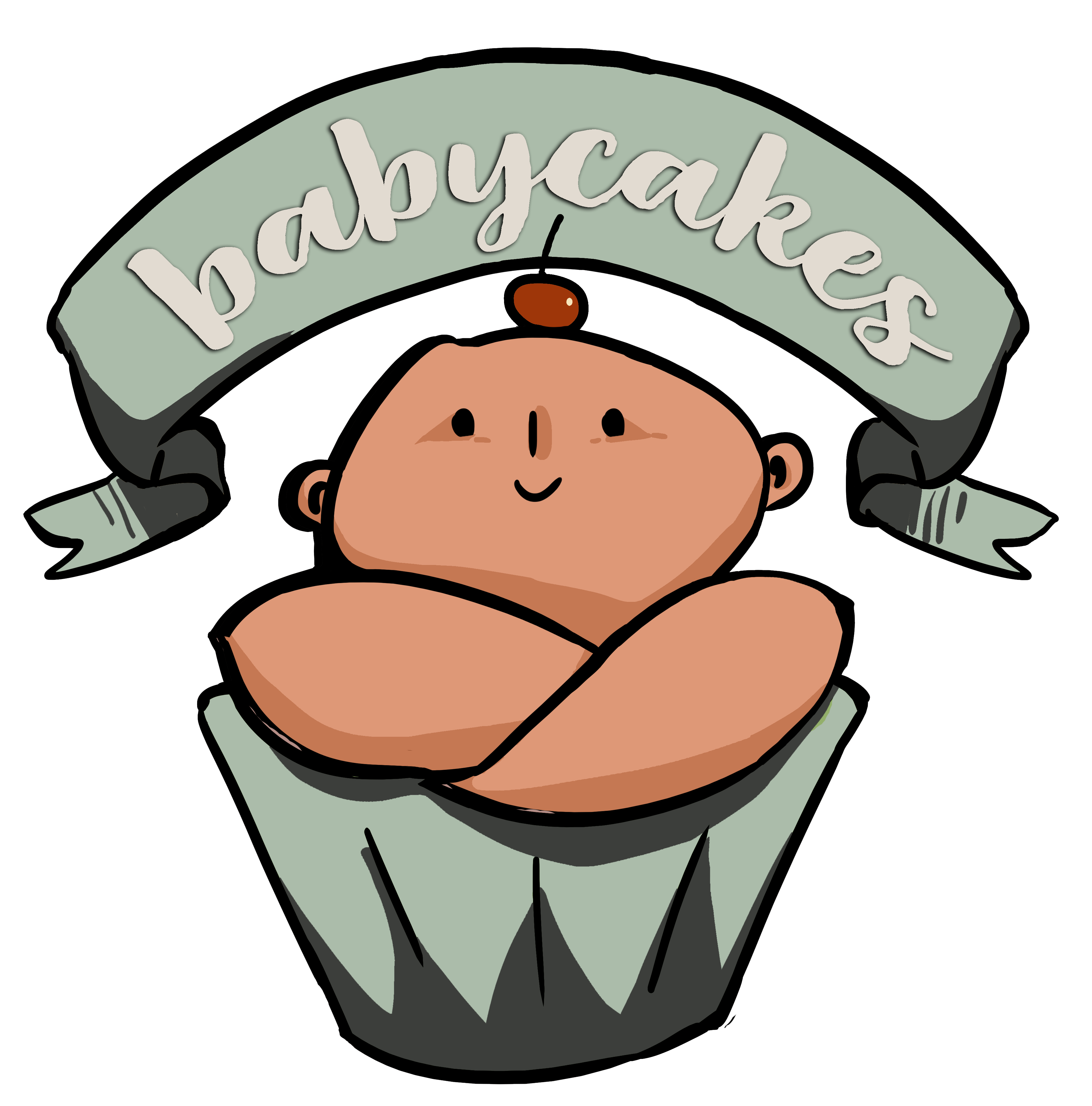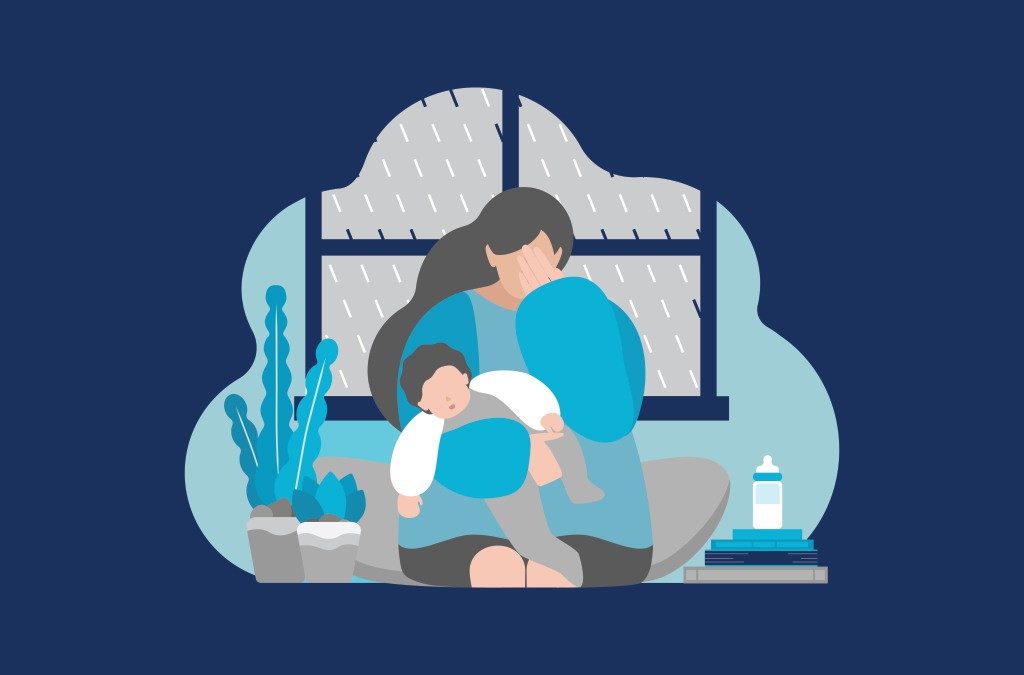Society tells us that pregnant women should have this “glow” about them. And we’ve certainly all seen the perfectly posed “first family portrait” once baby arrives and both parents seem to be on cloud nine. While this can be reality for some, most discover that being a new parent is just…hard. Between potential stressors like financial loss from giving up work, moving away from family, an unsupportive partner, and many other additional challenges, being pregnant and, subsequently, a new mom with fluctuating hormones is a big ask.
People who have had previous episodes or a family history of mood disorders such as anxiety and depression are also more at risk of experiencing them during their postpartum period. Additionally, about 15% of women experience significant emotional problems during pregnancy. Symptoms can appear any time during pregnancy and the first year after childbirth. This includes symptoms of depression, anxiety, obsessive compulsive disorder, and posttraumatic stress disorder (particularly found in those who experienced a traumatic birth).
Everyone is different and no two individuals experience exactly the same feelings, but symptoms of perinatal mood disorders might include a combination of:
- Feelings of anger or irritability, crying or sadness, guilt, shame, hopelessness, or panicky
- Lack of interest in the baby
- Appetite and sleep disturbance
- Loss of interest, joy, or pleasure in things you used to enjoy
- Possible thoughts of harming the baby or yourself
- Feeling constantly tired
- Worrying excessively about her own or the baby’s health
- Having a lack of feeling for the baby
We can’t pin the cause of why some women are affected by perinatal mood disorders and others are not. Among some of the potential causes are rapid hormonal changes, personality, responses to stress, and other biological, psychological, and social factors. If you have risk factors such as previously being diagnosed with one or more mood disorders, it is a good idea to talk to a therapist prior to delivery so you can get the support you need and deserve. Other ways to set yourself up for success include:
- Therapy and/or medicine from a trusted healthcare provider
- Good nutrition and eating every three hours to keep your blood sugar in balance
- Fresh air and movement and getting out of the house
- Talking to other women and families who have been through it and recovered
- Help with chores and rest and breaks from childcare…both things a postpartum doula can provide!
Women of every culture, age, income level, and race can develop perinatal mood disorders. And it’s also not uncommon for partners to develop these mood disorders.
Postpartum mood disorders are often confused with the baby blues, which affect 60-80% of all new moms and is characterized by frequent and prolonged episodes of crying, anxiety, mood swings, and a sense of being vulnerable. Baby blues usually occur within the first three days and can continue about a week. Postpartum mood disorders are diagnosed when symptoms are present for over two weeks and are more intense and extensively impacting daily functioning.
As caregivers, we can have very high expectations of ourselves. We often believe we should know automatically what to do and be the only one who knows how to feed the baby, calm the baby, and complete everything we were doing before this little human got here. Many also believe that they shouldn’t need to ask for help when other new parents are managing, or that they are the only ones who aren’t enjoying motherhood so they should push through and go at it alone. But you are not alone. Help is available. Babycakes Birth Services would be happy to connect you with resources in Wilmington, NC, and the surrounding areas to support you through this new parent journey.


Recent Comments